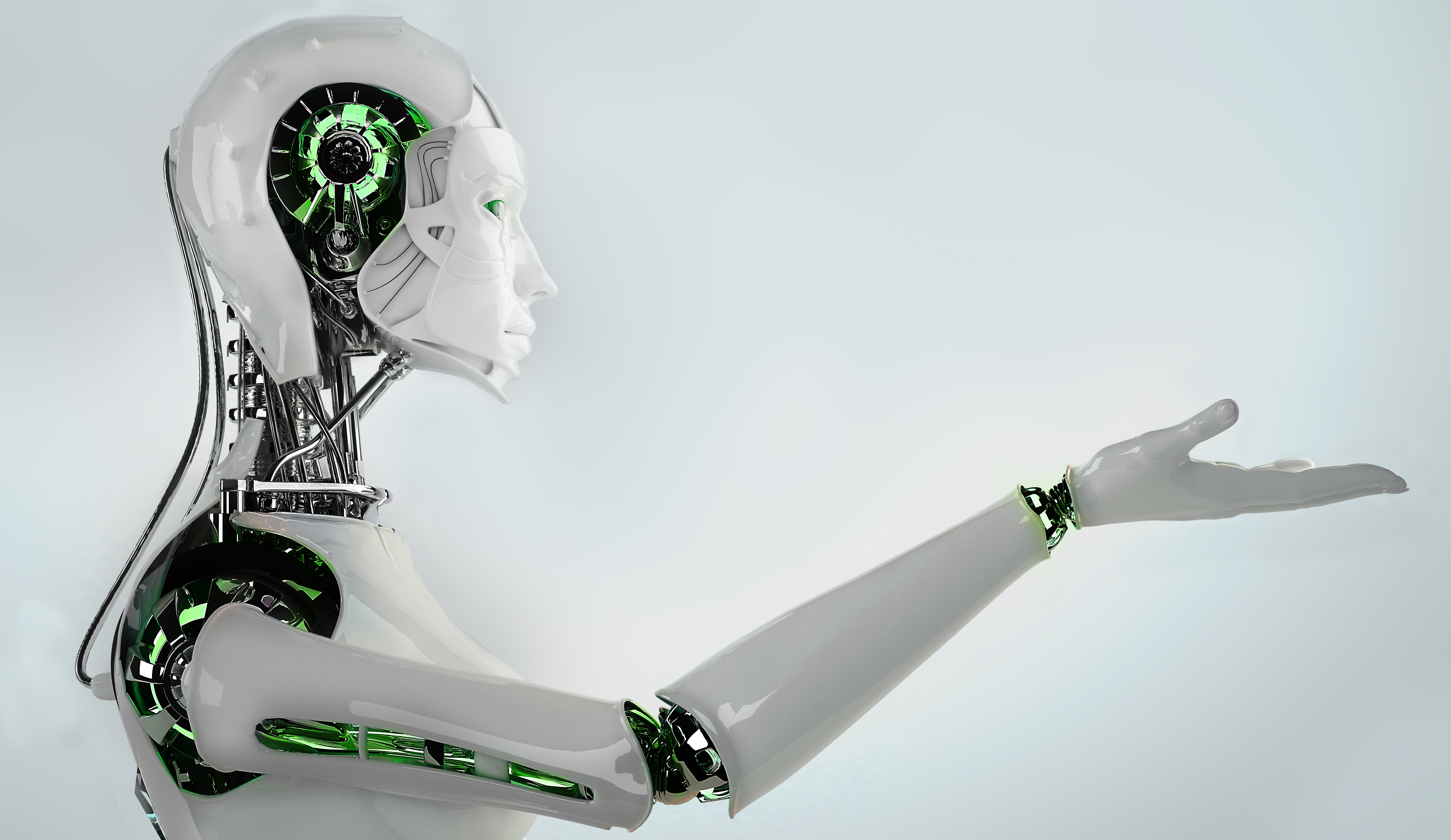Artificial Intelligence (AI): Employment benefits outweigh costs

The benefits for employees of Artificial Intelligence (AI) will outweigh the detrimental effects it could have on future employment, a new report by PwC India finds.
While 65% of participants in the report agree that AI is likely to have a severe impact on employment in India, 68% of Indian business leaders believe that the benefits of improved efficiency, increased productivity, and reduced costs from integrating AI, will result in “more flexibility, a balanced workload and the freedom to work from home.”
In his IZA article Who owns the robots rules the world, Richard B. Freeman writes that “comparative advantage guarantees that we will find work” because whilst “the relative advantage of machines varies, there will be work for humans.” AI will also “improve worker well-being by raising incomes and creating greater leisure for workers” according to Freeman.
The PwC report finds that 45% of respondents felt that there could be job losses from AI integration, whilst more than 70% of respondents indicated that they would readily outsource routine tasks such as entering timesheet hours and completing repetitive paperwork to AI assistants. Anand S. Rao of PwC US warns in the report that “if not implemented in the right way, AI could result in the widening of income disparity between skilled and unskilled workers.”
Indeed, technology can, “cause labor market polarization, ‘hollowing out’ demand for middle-skill jobs and increasing wage inequality,” warns Michael Gibbs in his IZA article How is new technology changing job design? However, Gibbs also notes that “humans are capable of much that is hard to automate, even with the advent of artificial intelligence.” Consequently, “policymakers should encourage technology that complements employees’ work, and should foster education and training that help workers adapt to change” whilst encouraging “research into how technology can instead augment human creativity and collaboration.”